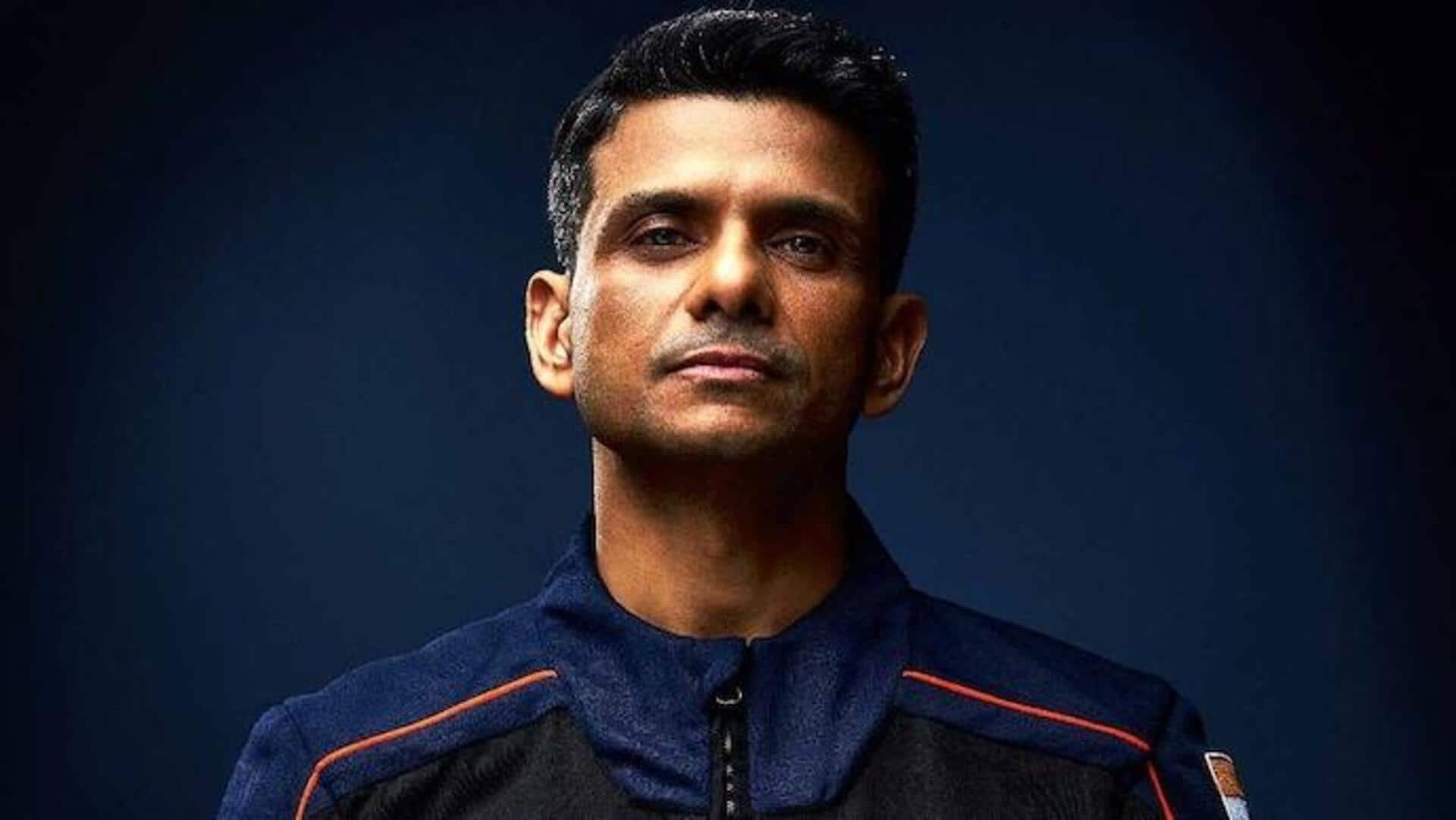
Shubhanshu Shukla conducts experiments on bones, radiation exposure in space
What's the story
Astronaut Shubhanshu Shukla, a part of the Axiom-4 mission, has been conducting important experiments aboard the International Space Station (ISS). On the 10th day of his flight, he studied how bones respond to microgravity. The research could pave the way for improved osteoporosis treatment on Earth. He also took part in an experiment to monitor radiation exposure on the ISS.
Mission details
Mission pilot for the 14-day ISS mission
Shukla, who hails from Lucknow, is the mission pilot for the 14-day ISS mission by Axiom Space. The team also includes US astronaut Peggy Whitson as commander and mission specialists Tibor Kapu from Hungary and Slawosz Uznanski-Wisniewski from Poland. During his stay on the ISS, Shukla has been conducting several important experiments to further our understanding of space and its effects on human health.
Health studies
Bone on ISS experiment
The Axiom-4 crew took part in the Bone on ISS experiment, which gives insight into how bones deteriorate in space and recover once back on Earth. By analyzing the biological markers related to bone formation, inflammation, as well as growth, researchers are building a digital twin that can simulate an astronaut's bones' response to spaceflight. This personalized approach could revolutionize astronaut-health screening and lead to better treatments for osteoporosis.
Algae study
Space Micro Algae investigation
As part of the Axiom-4 mission, Shukla also deployed samples for the Space Micro Algae investigation. These tiny organisms could one day sustain life in space by providing food, fuel, and breathable air. However, first we need to understand how they grow and adapt in microgravity conditions. This research is crucial for future long-duration space missions where self-sustaining systems will be vital.